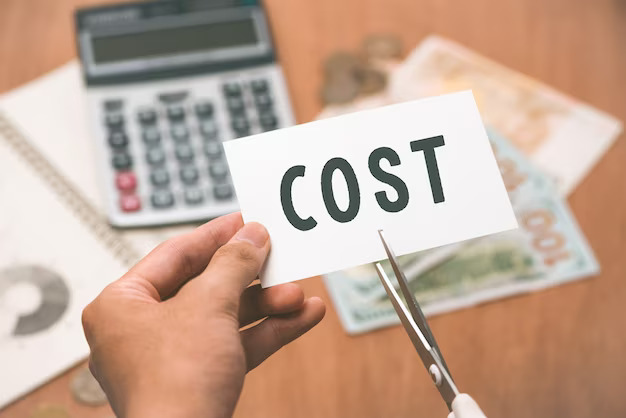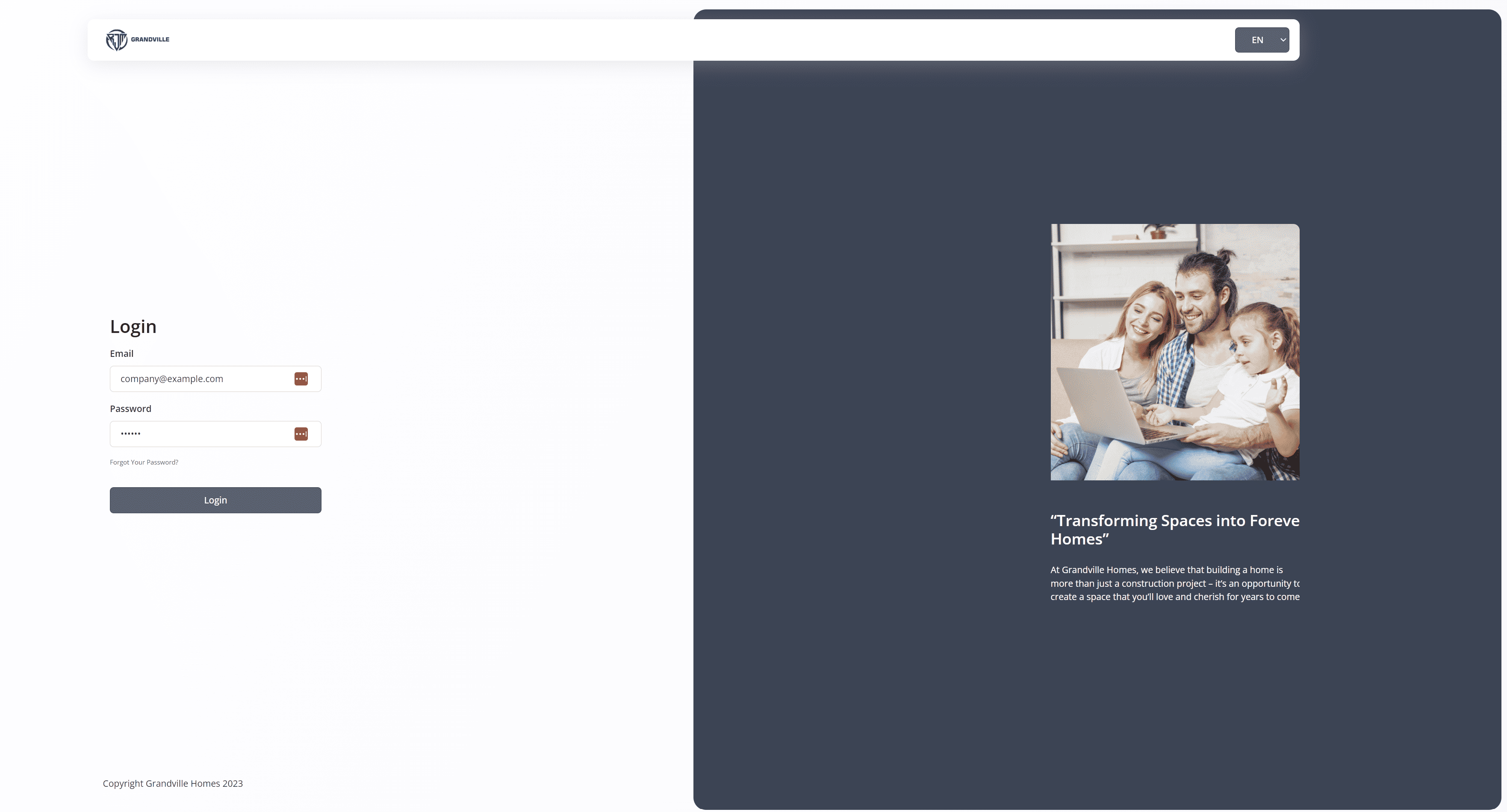Managing Unexpected Costs
Drop a Line if you have a Question!
Unexpected Costs
Are unexpected costs throwing a wrench in your financial plans? Don’t worry, we’ve got you covered.
In this article, we will show you effective strategies for managing those surprise expenses. By analyzing their impact, identifying hidden costs, and implementing smart budgeting techniques, you can mitigate the financial consequences of unexpected bills.
Plus, we’ll share tips on building an emergency fund to handle any future surprises.
Say goodbye to financial stress and take control of your finances today!

Analyzing the Impact of Unexpected Costs
You need to start analyzing the impact of those unexpected costs on your budget. It’s crucial to understand how these unexpected expenses are affecting your financial situation.
By examining the impact, you can make informed decisions and take appropriate actions to mitigate any negative consequences. Begin by reviewing your budget and identifying any adjustments that need to be made. Look for areas where you can cut back on expenses or reallocate funds to cover the unexpected costs.
Take into account any potential long-term effects these expenses may have on your financial goals. It’s also important to assess the emotional and psychological impact of these unexpected costs. Understanding how they are affecting your overall well-being can help you develop strategies to cope and minimize stress.
Strategies for Identifying Hidden Expenses
One way to spot hidden expenses is by keeping track of your spending habits. By being mindful of where your money goes, you can identify any recurring costs that may be taking a toll on your budget.
Start by reviewing your bank statements and credit card bills to see where your money is being spent. Look for any subscriptions or services that you may have forgotten about or no longer use.
Additionally, pay attention to small daily expenses that can add up over time, such as dining out or buying coffee.
Effective Budgeting Techniques for Unforeseen Expenses
To effectively budget for unforeseen expenses, it’s important to prioritize saving a portion of your income each month. By setting aside money regularly, you can build an emergency fund that will provide you with a safety net when unexpected costs arise.
Start by analyzing your monthly income and expenses to determine how much you can comfortably save. It may require making some adjustments to your spending habits, but it will be worth it in the long run.
Consider automating your savings by setting up automatic transfers from your checking to your savings account. This way, you won’t even have to think about it.
Mitigating the Financial Consequences of Unexpected Costs
If you have a solid budget in place, it’s crucial to have strategies in place to mitigate the financial consequences of unexpected costs.
One effective strategy is to establish an emergency fund. By setting aside a portion of your income each month, you can build a safety net to cover unexpected expenses without derailing your budget.
Another strategy is to review your insurance coverage. Ensure that you have adequate coverage for potential risks, such as health, property, or car-related incidents.
Additionally, it’s important to regularly assess your spending habits and identify areas where you can cut back or make cost-saving changes. By being proactive and making adjustments as needed, you can reduce the impact of unexpected costs on your finances and maintain financial stability.
Tips for Building an Emergency Fund to Handle Unexpected Expenses
Establishing an emergency fund is crucial for handling unforeseen expenses and maintaining financial stability. So, how can you start building one?
First, set a realistic goal for your emergency fund. Aim to save three to six months’ worth of living expenses.
Next, make saving a priority by automating your savings. Set up an automatic transfer to your emergency fund every time you get paid.
Cut back on unnecessary expenses and redirect that money towards your emergency fund. Look for ways to increase your income, such as taking on a side gig or freelancing.
Lastly, be patient and consistent. Building an emergency fund takes time and discipline, but the peace of mind it provides is worth it.
Conclusion
In conclusion, managing unexpected costs requires careful planning and preparation. By analyzing the impact of these expenses, identifying hidden costs, and implementing effective budgeting techniques, you can better mitigate the financial consequences.
It is also crucial to build an emergency fund to handle unexpected expenses. Remember, being proactive and staying financially prepared will help you navigate through any unforeseen financial challenges that may come your way.
So, start taking the necessary steps today to protect yourself from unexpected costs.

Have a question?
Become a
























